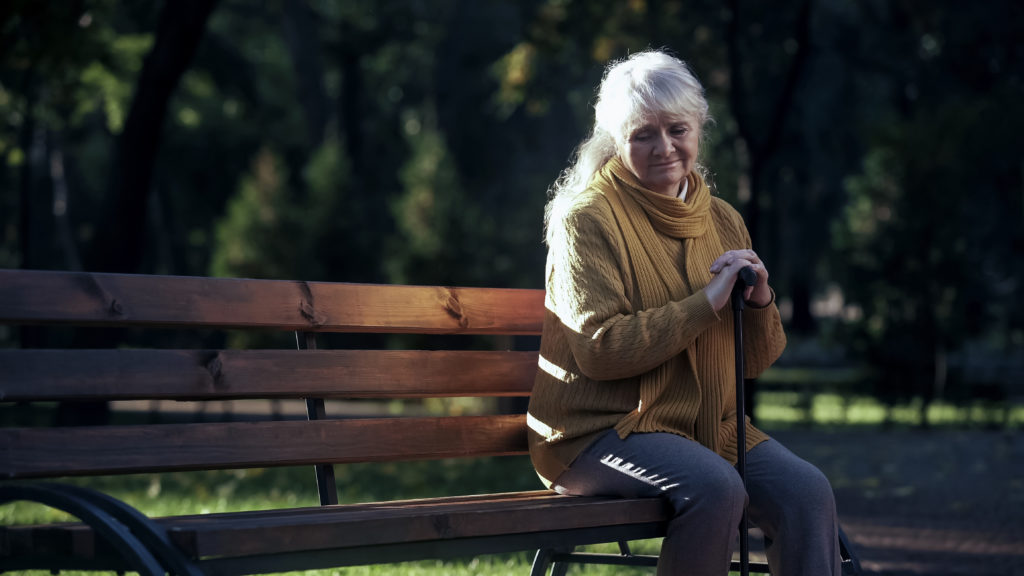Quick Hits
Daily brief research updates from the cognitive sciences

Neurodivergence is term that describes those that are not “neurotypical” such as those with autism and ADHD. In the surge of research into loneliness spurred by the pandemic it has also been clear that loneliness has impacted these people much more intensively and also has a relationship with cardiovascular health.
Janine Gronewold has recently reviewed this and explored the reasons behind this. Though this is slightly paradoxical i.e. autistic people do not relate to people in the same way as most of us do and so we may assume, falsely that they don’t want human engagement. In fact, this different pattern of engaging with people is just what has increased stress and loneliness because it has changed patterns and opportunities to interact which can, in this population group increase anxiety and stress and therefore also impact cardiovascular health.
An interesting review and shows that loneliness impacts us all but in different ways and that we should be conscious to engage with neurodivergent individuals – especially during a pandemic.

Andy Habermacher
Andy is author of leading brains Review, Neuroleadership, and multiple other books. He has been intensively involved in writing and research into neuroleadership and is considered one of Europe’s leading experts. He is also a well-known public speaker speaking on the brain and human behaviour.
Andy is also a masters athlete (middle distance running) and competes regularly at international competitions (and holds a few national records in his age category).
Reference
Gronewold, Janine; Engels, Miriam
The Lonely Brain – Associations Between Social Isolation and (Cerebro-) Vascular Disease From the Perspective of Social Neuroscience
Frontiers in Integrative Neuroscience
25th January 2022
https://doi.org/10.3389/fnint.2022.729621
More Quick Hits
Babies born with five from seven functional brain networks
In the 1950s the blank slate theory was the most prominent theory ascribed to babies. They are born blank slates and then their experiences allow them to develop their networks thoughts, associations, etc., and just about everything else. Though this theory is long...
Your brain on near-death experiences
Near-death experiences have fascinated many people ever since they have been reported. And these experiences guide our view of how we die: the memories of your life passing in front of your eyes, the tunnel of light, the floating movement towards a bright light....
Social networks grow your brain
The headline is a bit “click baity” but it is what a group of researchers found. To be more specific they found in macaques (cute monkeys) in the wild that having more grooming partners grew different regions of the brain. Grooming is the primate version of having a...
What do creative brains look like?
We’d probably all be happy to be a bit more creative — though research into our own opinions show that many people do actually consider themselves to be above average in creativity. An obvious self-bias. This is where scientists who study creativity come in and find...
New gender biases discovered
There have been many studies on gender biases, and I have followed, written, and spoken about many of these biases over the years (over a decade actually) but two studies have just come out that caught my eye. One out of New York University focused on gender natural...
Growth of your brain over your life
So, we all know that our brain grows very quickly as babies and children and then after a certain age, younger than some of us may like to think, there begins a slow decline. But precisely what and how is the question. Well, this is a question that an international...






